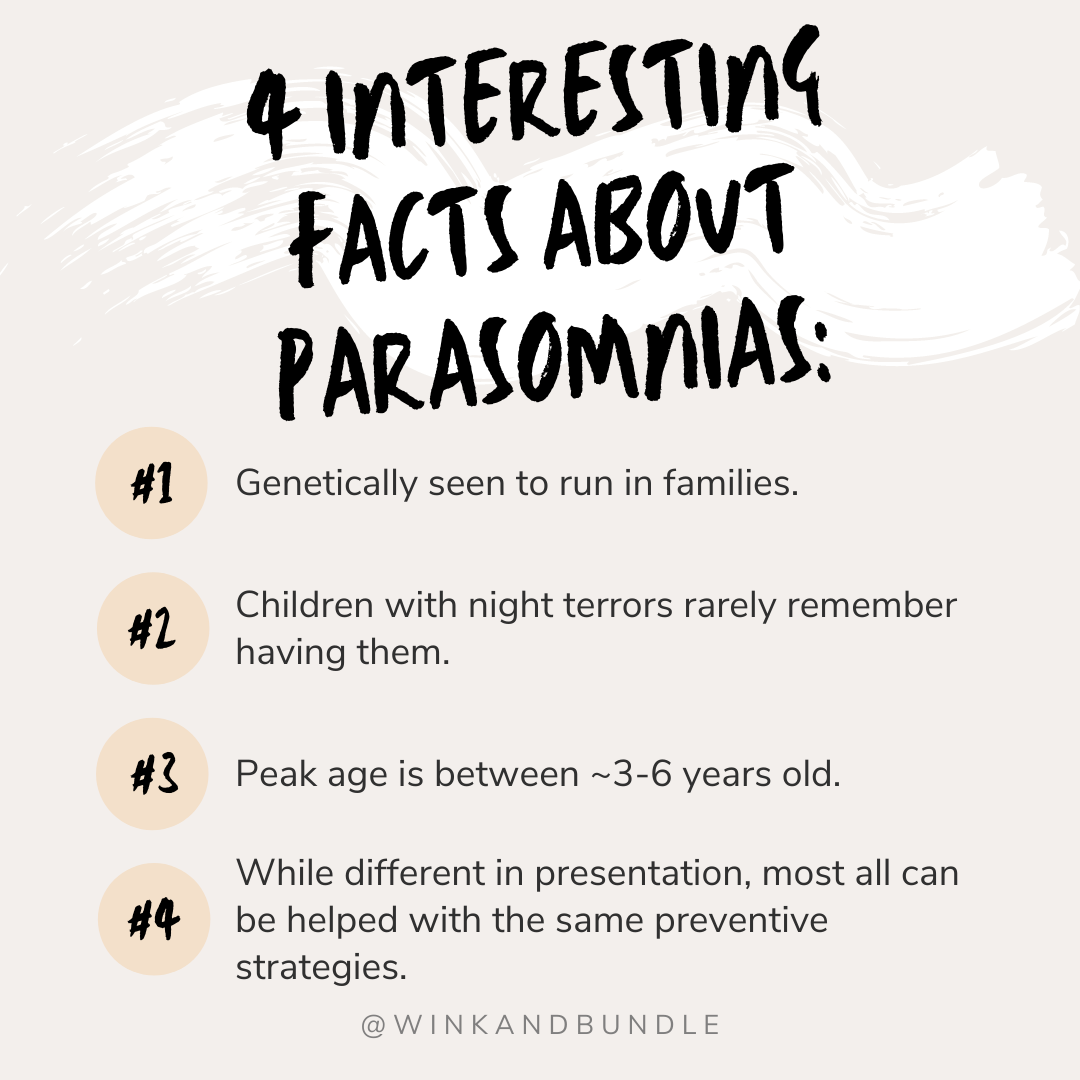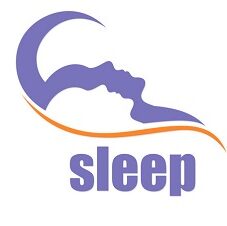Introduction
Sleep is a vital part of our lives, allowing our bodies and minds to rest and rejuvenate. However, for some individuals, sleep can be accompanied by unsettling experiences known as parasomnias. These parasomnias often disrupt a person’s sleep patterns and can lead to various physical and psychological symptoms. In this blog post, we will delve into the world of parasomnias, specifically focusing on sleepwalking, nightmares, and night terrors.
Sleepwalking
Sleepwalking, also known as somnambulism, is a sleep disorder that involves walking or performing complex activities during deep sleep. It is more common in children but can also occur in adults. Sleepwalking typically occurs during the first few hours of sleep and can last anywhere from a few seconds to half an hour.
Causes of Sleepwalking
The exact cause of sleepwalking is unknown, but several factors can contribute to its occurrence. These factors include:
- Genetics: Sleepwalking tends to run in families, suggesting a genetic component.
- Medical conditions: Sleepwalking can be associated with certain medical conditions, such as sleep apnea and restless leg syndrome.
- Stress and anxiety: Emotional distress or anxiety can trigger sleepwalking episodes.
- Medications: Some medications, such as sedatives or hypnotics, can increase the likelihood of sleepwalking.
Symptoms of Sleepwalking

Common symptoms of sleepwalking include:
- Getting out of bed and walking around while still asleep
- Performing routine activities, such as dressing or eating, during sleep
- Having a blank or glassy-eyed expression
- Being difficult to awaken during an episode
- Having no memory of the sleepwalking episode upon waking up
Nightmares
Nightmares are vivid and disturbing dreams that can cause intense fear, anxiety, or sadness, and often wake the dreamer. They usually occur during the REM (rapid eye movement) stage of sleep, which is associated with more vivid dreaming. Nightmares can be a normal part of dreaming, but frequent or recurring nightmares may indicate an underlying issue.
Causes of Nightmares
Nightmares can have various causes, including:
- Stress and anxiety: Emotional turmoil or traumatic events can trigger nightmares.
- Medications: Certain medications, such as antidepressants, can cause nightmares as a side effect.
- Substance abuse: Alcohol or drug use can disrupt sleep patterns and lead to nightmares.
- Medical conditions: Conditions like sleep apnea and post-traumatic stress disorder (PTSD) can contribute to nightmares.
Symptoms of Nightmares
Common symptoms of nightmares include:
- Intense fear, anxiety, or sadness during the dream
- Waking up suddenly and feeling distressed
- Difficulty falling back asleep after a nightmare
- Recalling the details of the dream upon awakening
Night Terrors
Night terrors, also known as sleep terrors, are episodes of intense fear, screaming, and visible signs of extreme panic during sleep. Unlike nightmares, which occur during REM sleep, night terrors occur during non-REM sleep, usually within the first few hours after falling asleep.
Exploring Parasomnias: Sleepwalking, Nightmares, and Night Terrors
Summary
Parasomnias are a group of sleep disorders characterized by abnormal behaviors, emotions, and experiences during sleep. Sleepwalking, also known as somnambulism, is a type of parasomnia where individuals engage in complex activities while still asleep. Nightmares, on the other hand, are intensely vivid dreams that evoke strong feelings of fear, terror, or anxiety. Night terrors, also called sleep terrors, are episodes of intense fear and panic that typically occur during deep non-REM sleep.
Throughout this blog post series, we will explore each of these parasomnias in more detail, discussing their causes, symptoms, and potential treatment options. We will also delve into the impact these parasomnias can have on individuals’ daily lives and overall well-being. By understanding these sleep disorders, we can better recognize and support those who may be experiencing them.
Stay tuned for the upcoming po view sts where we will dive deeper into the fascinating world of parasomnias, shedding light on the mysteries that occur within our subconscious minds.

Welcome to my website! My name is Jack Rosman, and I am a professional Dream Psychologist dedicated to helping individuals achieve better sleep, understand their dreams, and improve their overall well-being. With years of experience in the field, I am passionate about providing effective snoring solutions, sleep therapy, sleep supplements, and dream analysis to enhance the quality of your sleep and unlock the hidden messages within your dreams. Read More

